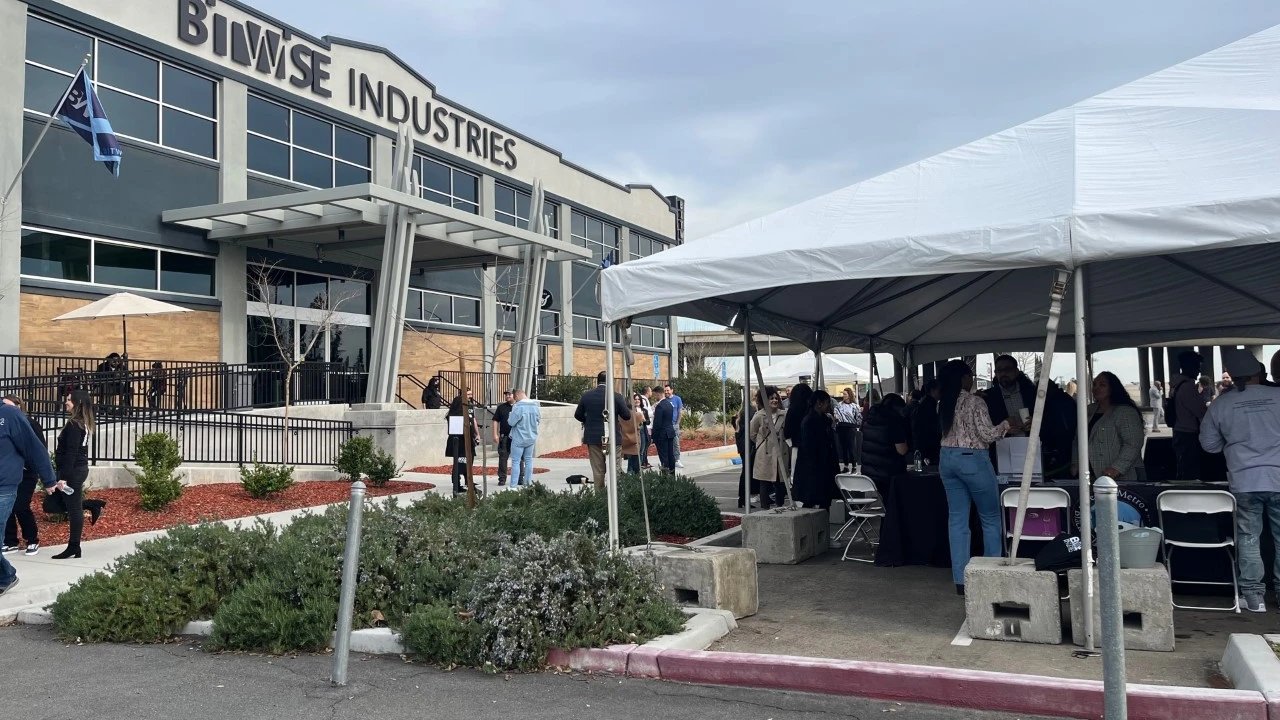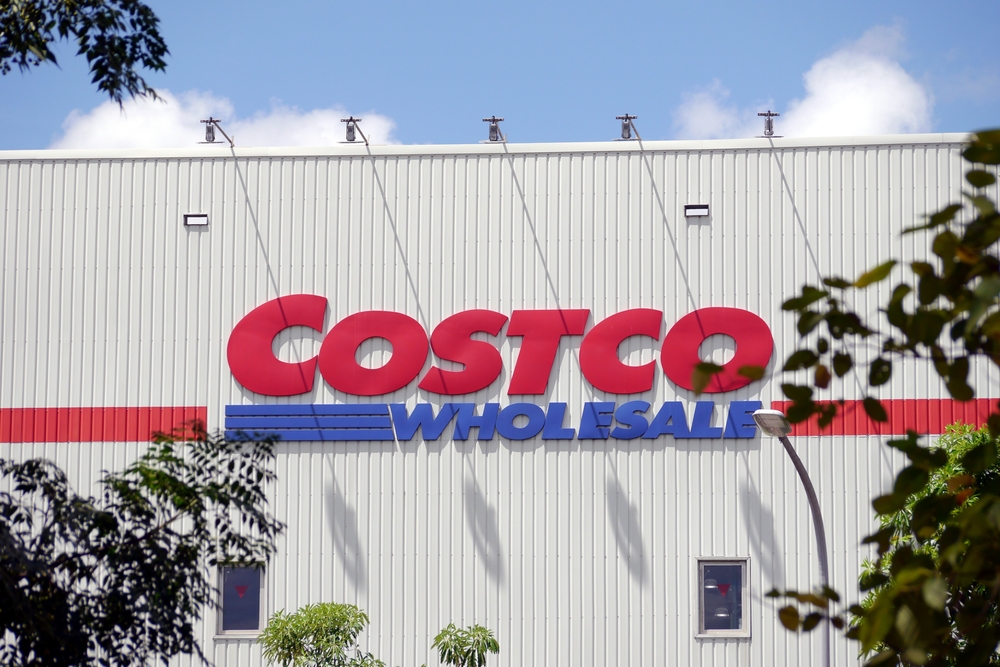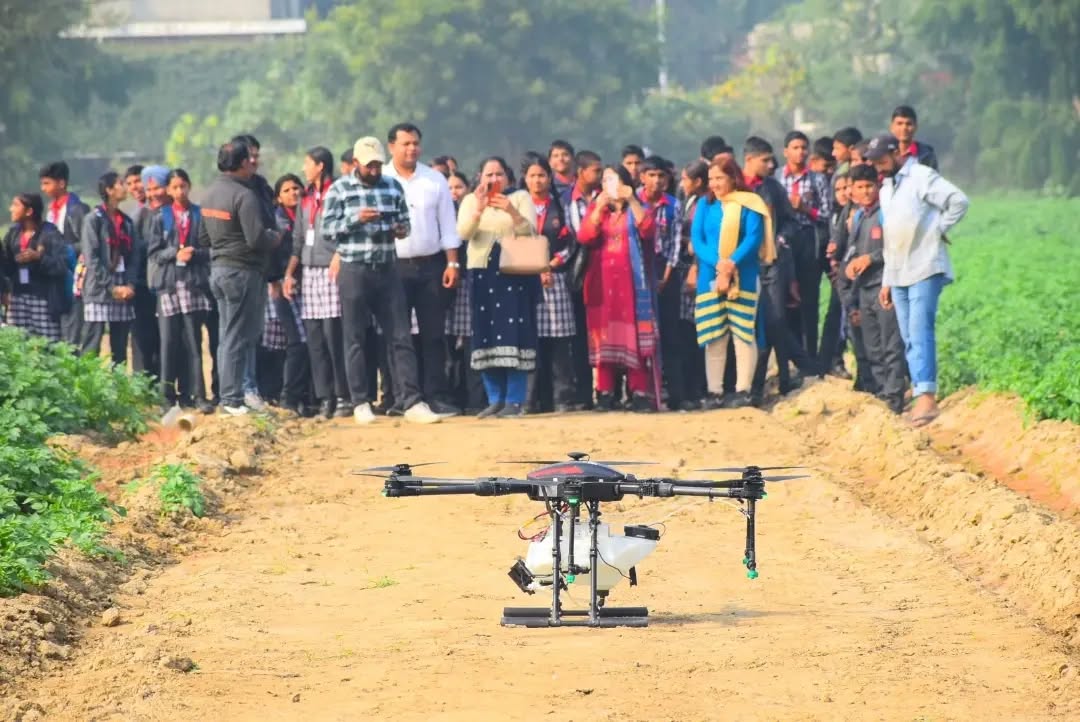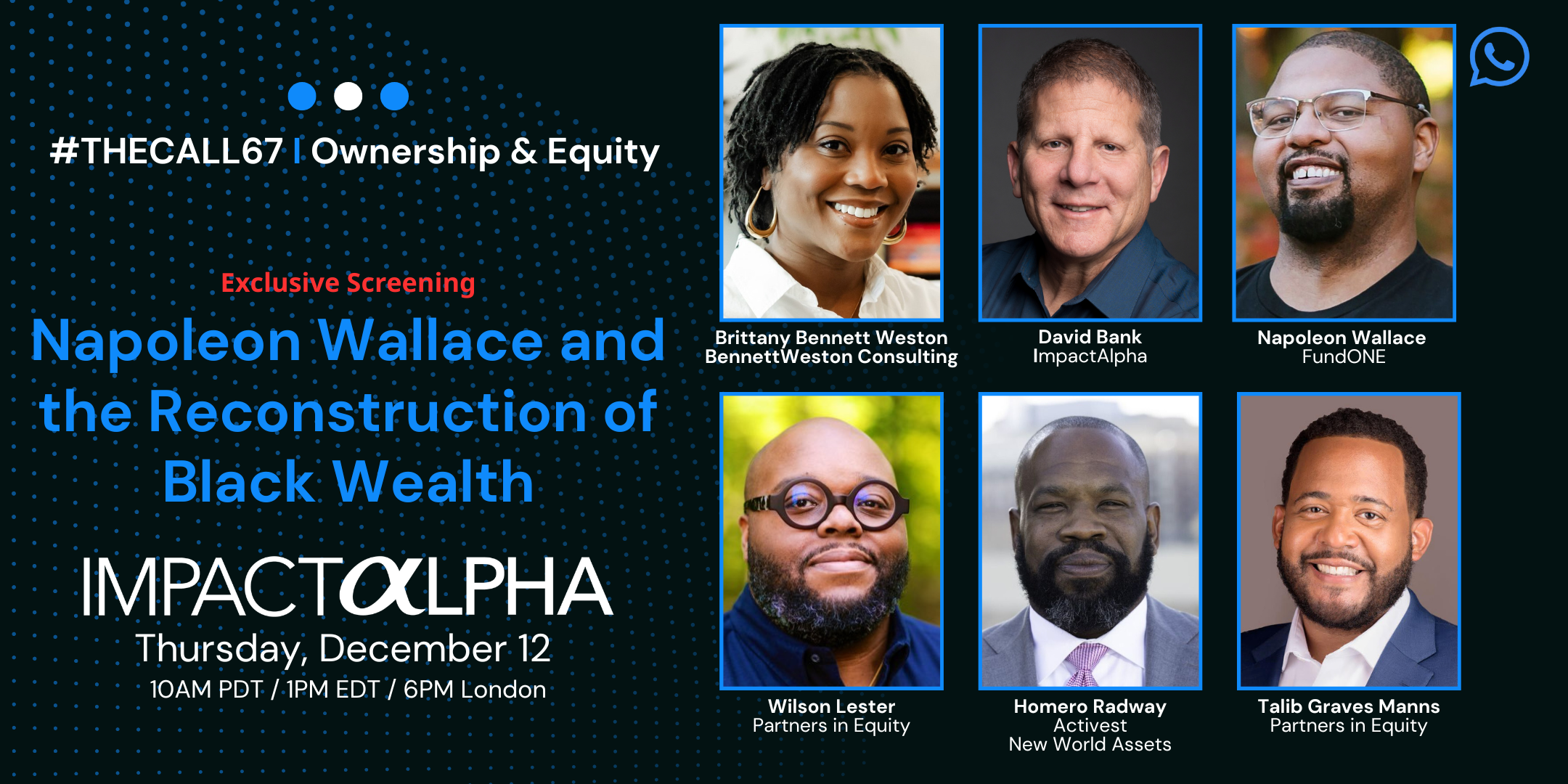ImpactAlpha, Feb. 28 – Fresno, Calif.-based Bitwise Industries has raised $80 million to take its model for upskilling low-income residents for high-growth tech jobs to Chicago.
The new financing comes two years after Bitwise’s $50 million raise to take its integrated model to 10 cities. Bitwise now operates in Toledo, Ohio; El Paso, Texas; Buffalo, N.Y.; Las Cruces, N.M.; and Greeley, Colo., as well as Fresno, Merced, Bakersfield and Oakland in California.
The new round, led by Kapor Center and Motley Fool, will power Bitwise’s expansion to Chicago’s South Side, and further establish its model in existing cities. Participating investors include Citi Impact Fund, Kapor Capital, Goldman Sachs Asset Management and other investors.
“We believe we have a model that can serve people well in different cities across the country and help connect them to high growth-wage careers,” Bitwise co-founder Jake Soberal told ImpactAlpha. “But until you take the time to learn the story of those cities, nobody’s interested in your model.” He added, “What has been critical in our expansion is being a listener and our understanding of those places, and partnering with local leaders to help lead the work.”
With local partners, such as Chicago Mayor Lori Lightfoot’s administration, the Obama Foundation and the Comer Science and Education Foundation, Bitwise has trained more than 100 low-income and minority students in its first six months in Chicago. Students are being trained in a temporary 6,000-square-foot building on South Chicago Avenue while the company finalizes an agreement for a permanent space.
“Bitwise has a track record of removing barriers that have prevented talented individuals from securing quality jobs in one of the fastest growing industries in the world,” said Comer’s Greg Mooney. “These are high-growth, high-wage jobs that enable companies, schools, and local residents to succeed in the digital economy.”
Impact footprint
Bitwise has trained more than 15,000 students since 2013. The apprentices earn up to $20,000 a year in the training program, and $60,000 per year on average when they graduate. More than half of graduates are women and Latinos and identify as LGBTQ and close to 10% have been incarcerated, says Soberal. Black graduates make up nearly 20%.
Bitwise has also renovated over 1 million square feet of previously vacant office space in blighted buildings in underserved downtown areas to lease to tech companies, many of which hire tech talent trained in the Bitwise’s apprenticeship program.
Soberal says Bitwise mission remains the same: close the racial wealth gap, end institutional discrimination and create access to high-wage, high-growth jobs in tech for low-income minorities in underserved communities. Bitwise graduates to date have reported nearly a half-billion dollars in earnings, says Soberal.
Bitwise Capital
Other graduates, “particularly those in our more older markets like Fresno, Bakersfield and Merced, are launching their own companies,” said Soberal. “Those are people that come from a background of poverty and don’t have access to that first round of capital from friends and family like people who come from a background of privilege.”
Bitwise launched Bitwise Capital early last year to invest the first round of capital into those minority tech founders in Bakersfield, Merced and Fresno. The fund, anchored by Bank of America, raised $3 million to provide pre-seed funding to the dozens of new founders from Bitwise’s network of tech graduates. “We’re now already started raising our second fund,” Soberal said.
Bitwise earlier this month partnered with the City of Fresno to launch a new digital empowerment center to accelerate digital literacy among the city’s micro and small business owners. The local center will offer digital literacy programs to at least 1,500 business owners.
“Many of these businesses sell unique or traditional products that represent our region but don’t have access to the online tools that enable the use of technology within commerce,” said Fresno Mayor Jerry Dyer.












